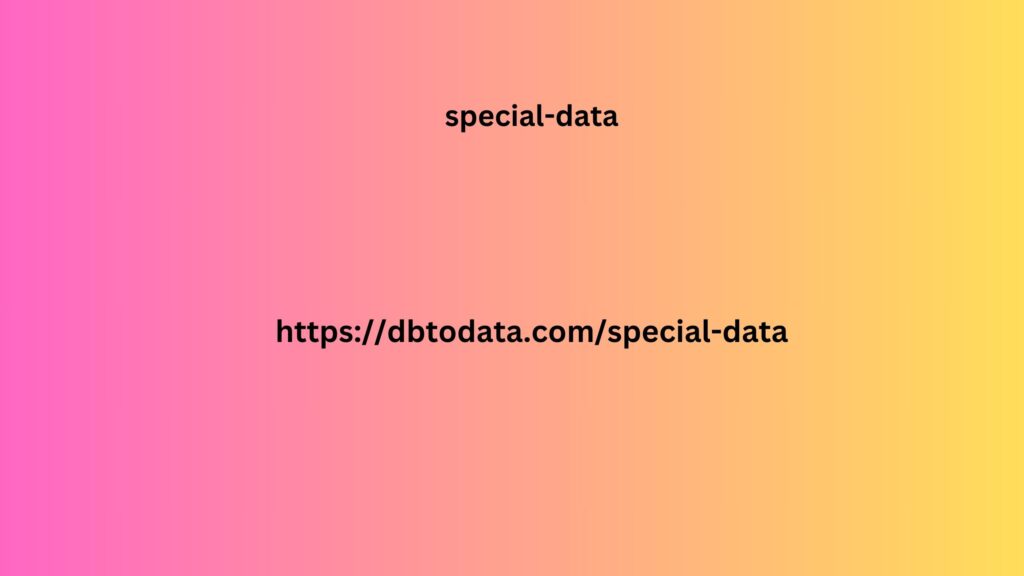Perhaps AI will not be imaginative or crazy enough to replace a top moderator in the foreseeable future. But many tasks in everyday life, including that in deep psychological of market research for example, do not require full creative competence. So, perhaps 20% or less of the work will remain with humans, but 80%+ could probably soon be replaced. Some peers have so far found it quite useful to harvest information at the research stage for script and content writing but it does need constant fact checking.
Other areas are entity search
for the semantic web, where AI-based systems bc data india can gain points, as semantics is at their base. With new tools like this, it looks like you’ll never need to create an engaging and accurate title tag and meta description ever again. The results are impressive at first glance, but they are also as generic as can be and one still has to manually correct and update each result, as the AI doesn’t take into account the actual page/service content and the brand name and language, so this meta optimisation tool would benefit from an additional URL input, so it’s able to scrape and use the actual page content for it’s creations.
But even just simple metadata
is more than that. It’s about looking at all keyword variations, weighing them against organic search volume numbers, and mapping them out so they make sense in the context of categories, product pages, etc. So, the AI needs to work in a much more holistic way, taking into account all important contextual info and qualifiers. Currently, I can see it being helpful for creating sketches, places to further work on and refine.
But when every ideation process
tarts with the same command prompts being used to create source material, then there’s much less chance for the elusive genius ideas. AI will always just think inside the box, no? Our SEO and Copywriting Manager, Robyn, notes: “AI tools such as ChatGPT and others only appear to take you so far at the moment. Like Ingo says it may be useful for some tasks and I agree. For the likes of market research, creating a list of seed keywords and initial content ideation,
At the moment, they still require
human insight to build upon that research and add nuance. For any tasks that require copywriting, I wouldn’t recommend AI right now. Like Ingo says, the content most tools churns out is generic at best and incorrect at worst. I guess it could be worth considering if you run a large ecommerce site that is uploading new product pages everyday, but even then I would still say the content should be heavily edited.
Also thinking about unique content
which Google favours, we have to consider the possibility that if everyone is using AI generated content, the chances of running into duplication issues has to increase.” There is no spark of genius yet, no crazy ideas, nothing that would really make you go WOW!! Just the same stuff everyone else is getting. AI, the great leveller, our new handy and in real time privately normcore master – for now. Ps: Here is what AI thinks about its relationship to SEO AI (Artificial Intelligence) and SEO (Search Engine Optimization) are two separate concepts,
Here are some ways in which
AI and SEO are related: AI can help improve SEO: AI-powered tools can analyze large amounts of data and provide insights that. Can help improve SEO. For example, AI can help identify the most popular keywords. And topics, analyze user uk data behavior. And preferences, and suggest changes to website content and structure. AI can help with personalized search results: AI can be used to personalize search results based on. User preferences, location, search. History, and other factors.

